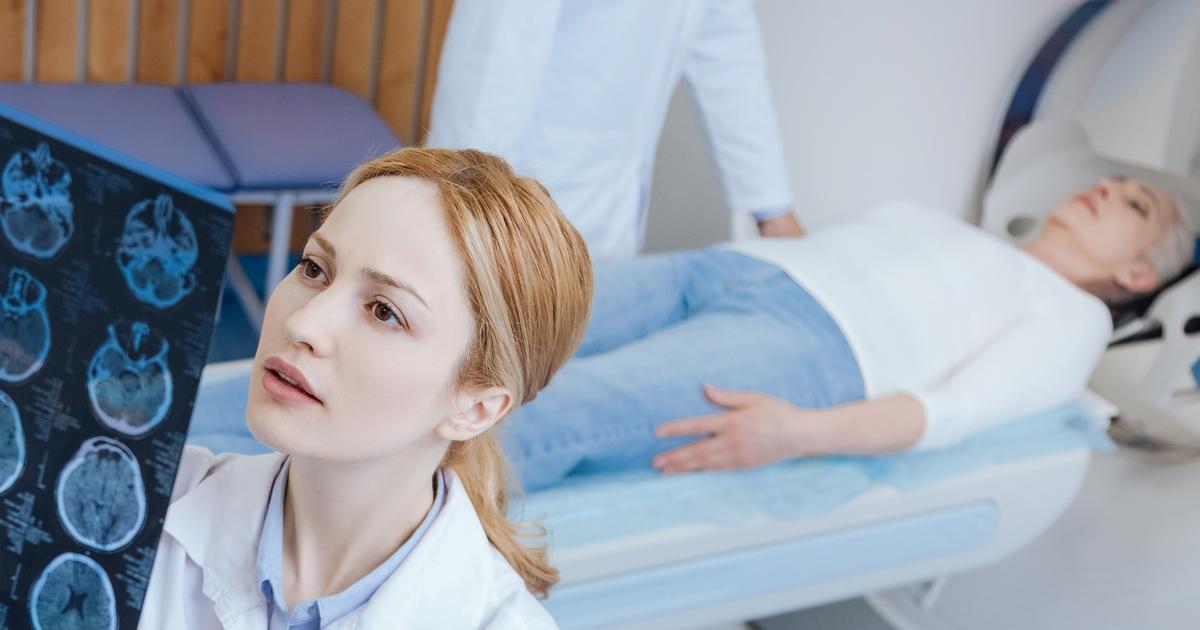Overview of Computerized Tomography (CT) Scans
Risks Of A CT Scan

A computerized tomography scan is generally known to be a safe procedure for most individuals. While ionizing radiation is used during one of these scans, the exposure to the patient is minimal. Thus, it should not have any long term effects. Even though the dose of radiation is low, it can harm an unborn baby, so a pregnant woman or one who thinks they may be pregnant should not have one.
Additionally, a patient can have an allergic reaction to the contrast agent used for their computerized tomography scan. Individuals who have a known allergy or sensitivity to iodine, contrast dye, or shellfish should speak to their doctor before having a computerized tomography scan with contrast. Any patient who has or has previously had problems with their kidney function should notify their doctor before they have a computerized tomography scan with contrast. The reason is that the contrast medium can induce acute kidney failure.
Continue reading to learn about CT scans versus MRI scans next.
CT Scans Versus MRI Scans

Computerized tomography scans do not produce as much detail as magnetic resonance imaging scans. However, they are less expensive to perform and used more often. They are also faster, which is often why they are performed in emergencies. A computerized tomography scan uses a large doughnut-shaped machine the patient slides into on a special table. The computerized tomography machine has a much larger opening and is not as deep as a magnetic resonance imaging machine. This makes sedation less necessary for some patients.
Doctors will provide their recommendation on which scan is necessary and when. In most cases, computerized tomography scans are the choice for head trauma or a bone fracture, as well as for a general image of internal organs. Magnetic resonance imaging is employed when doctors need a detailed image, such as in the case of a herniated disk or soft tissue problems.
Reveal information on the different types of CT scans next.
